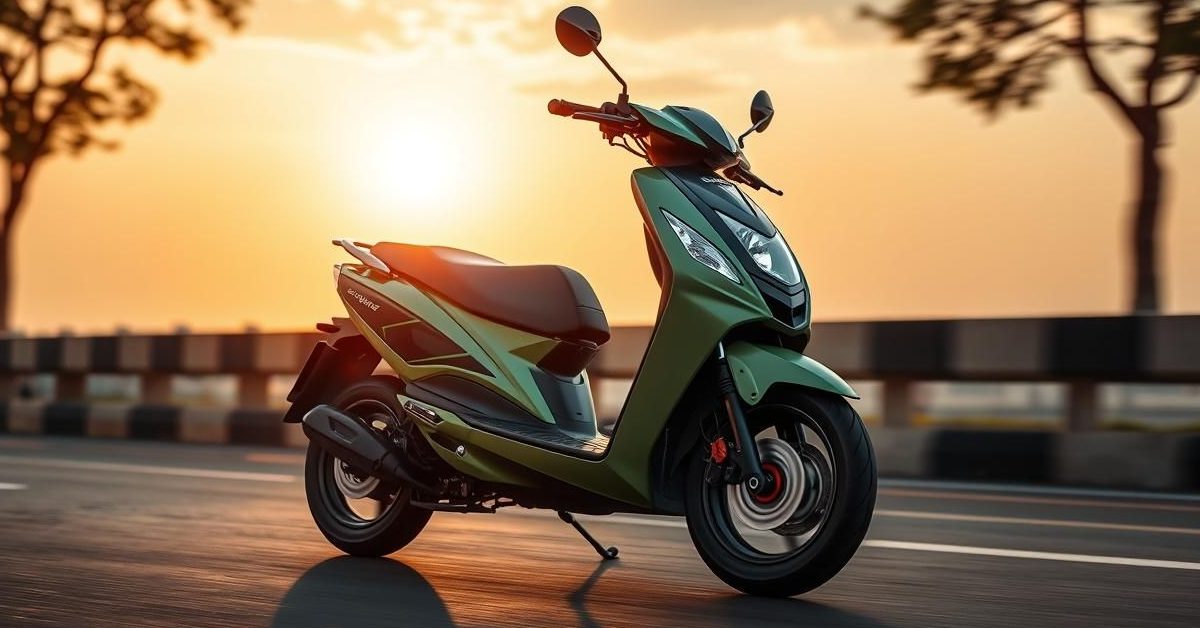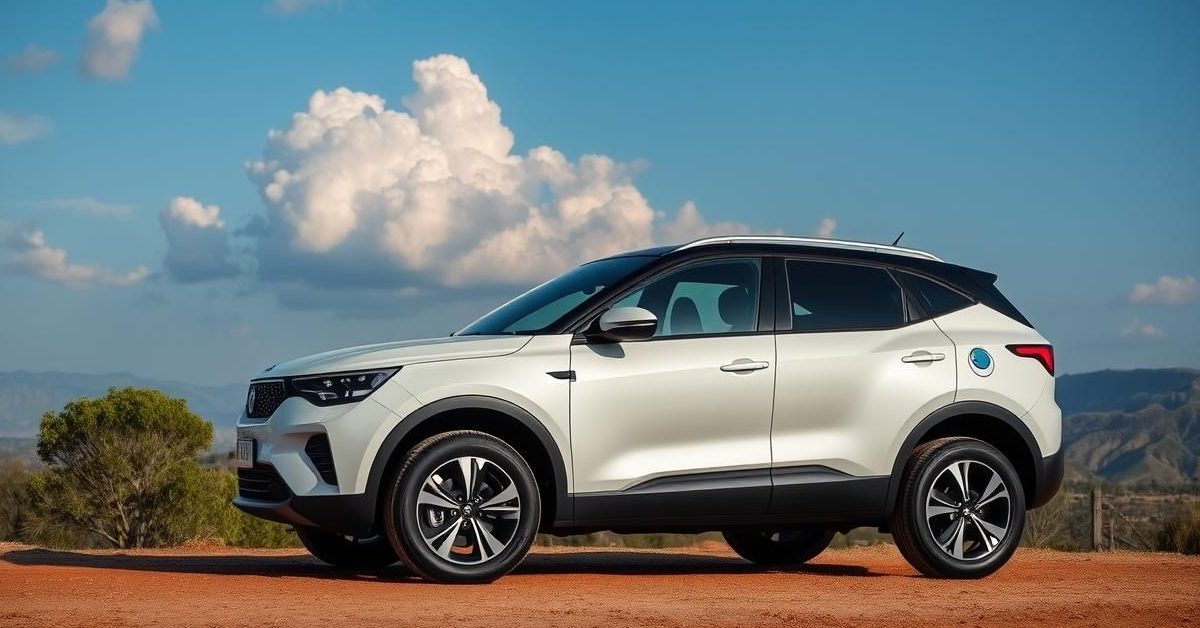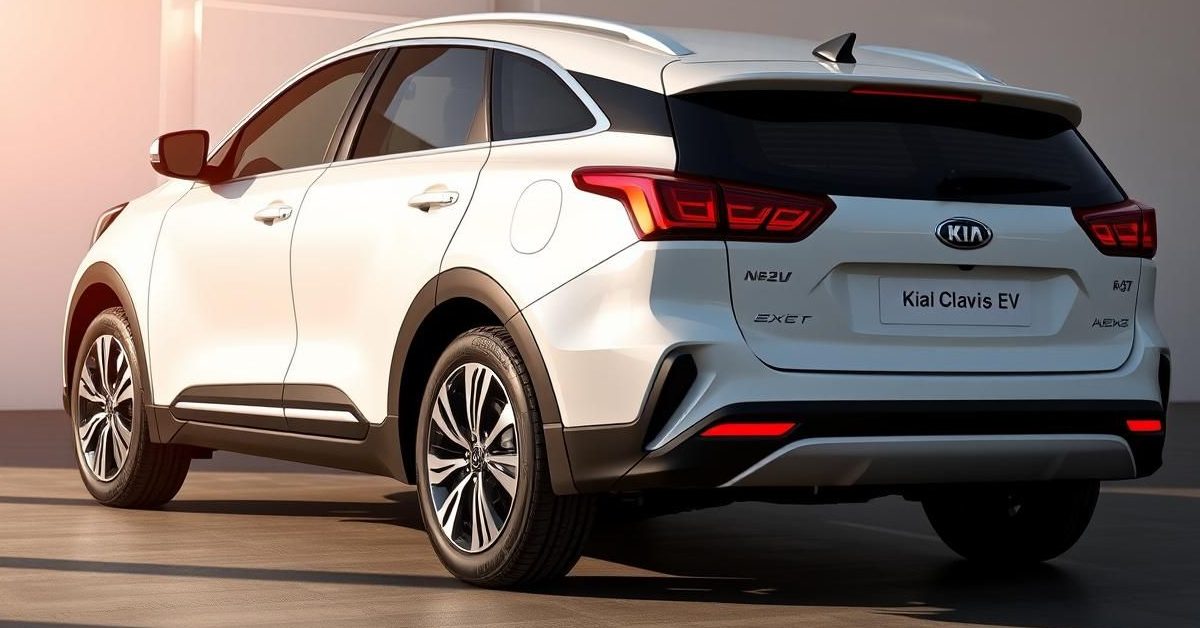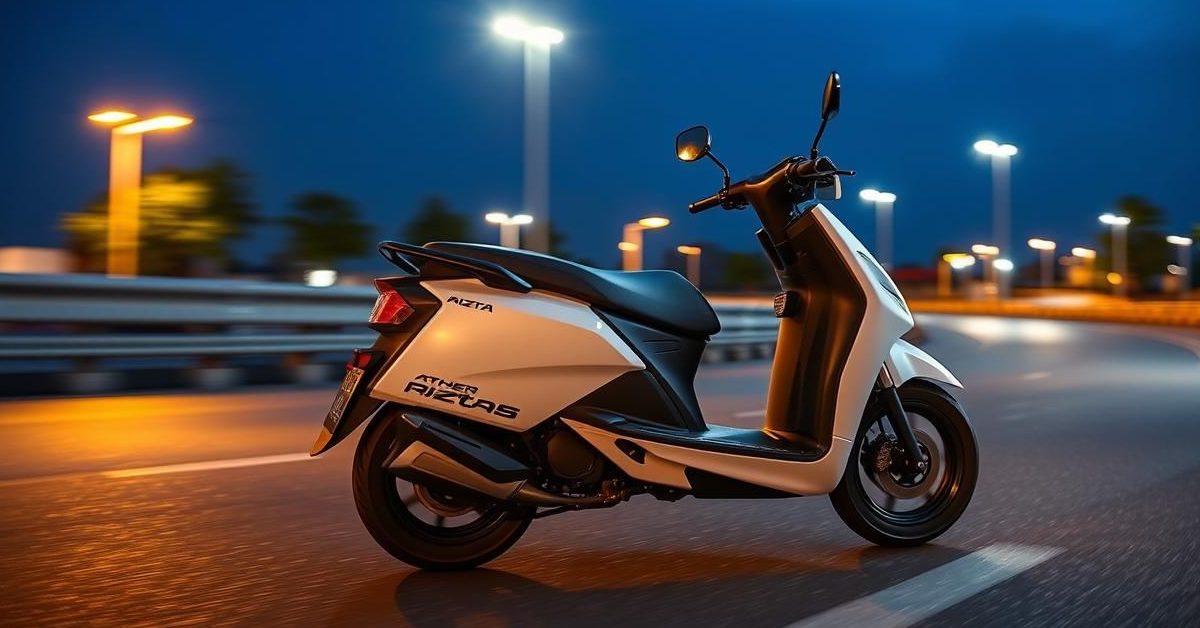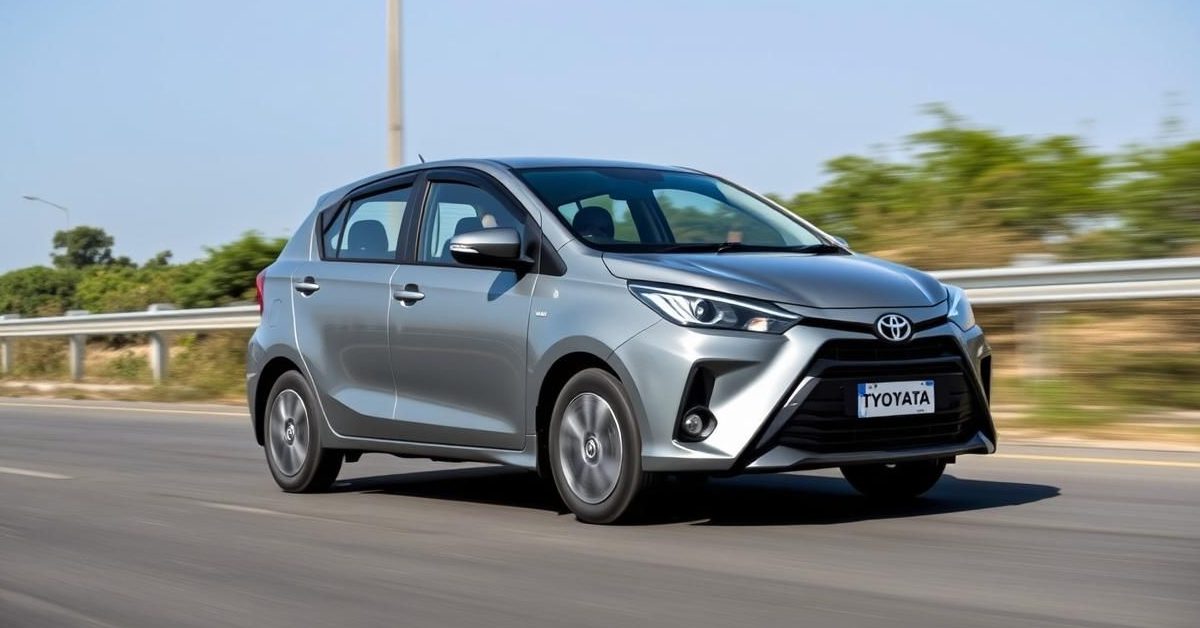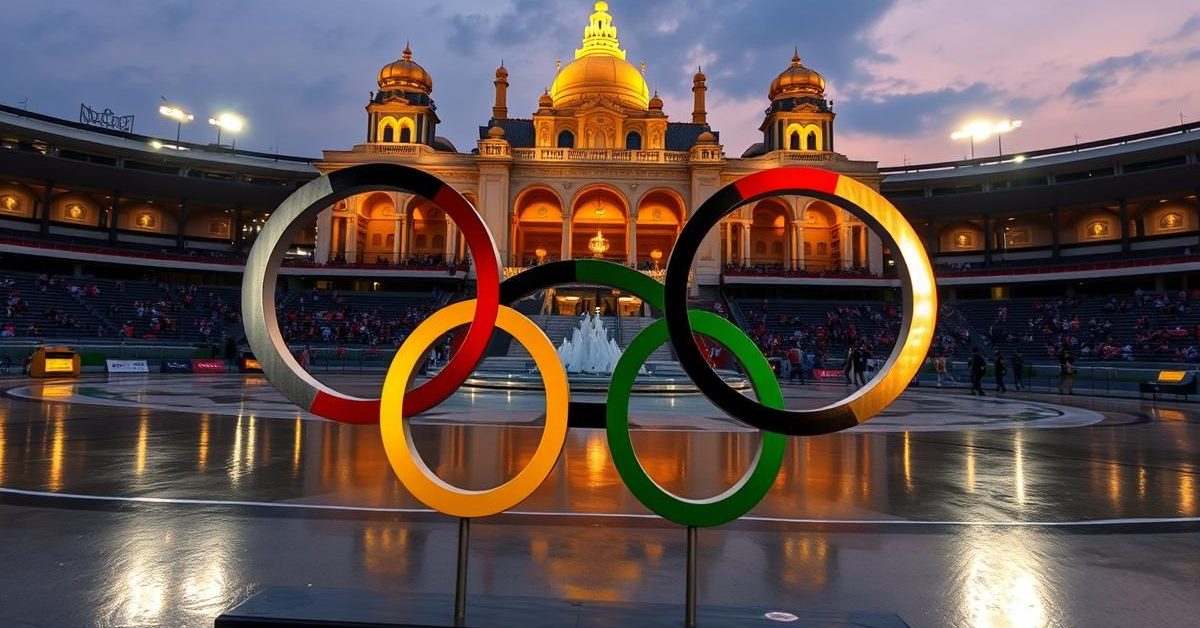Delhi’s Bold Stand: Fuel Sales Halted for Ageing Vehicles
A significant environmental policy shift has just taken effect in India’s capital, Delhi. From today, vehicle owners in the National Capital Territory attempting to refuel their older petrol and diesel cars will find their requests denied. This isn’t just about mere inconvenience; it represents a desperate, yet calculated, measure by the Delhi government to combat the city’s crippling air pollution, specifically targeting what are deemed “end-of-life” vehicles.
The Urgent “Why” Behind the Ban: Combating Choking Smog
For years, Delhi has grappled with an escalating air quality crisis, often topping lists of the world’s most polluted cities. The insidious mix of vehicular emissions, industrial discharge, and agricultural burning creates a persistent, hazardous smog, especially during the critical winter months. This chronic pollution poses severe public health risks, contributing to a rise in respiratory ailments, cardiovascular diseases, and even premature deaths among its dense population. The ban is a direct response to this ongoing health emergency.
Defining “End-of-Life” Vehicles in the Capital
Specifically, this stringent ban applies to petrol vehicles that have completed 15 years on the road and diesel vehicles that are 10 years old. These age limits are not arbitrary; they stem from stringent directives issued by the Supreme Court of India and the National Green Tribunal (NGT). These apex bodies have consistently pushed for stricter measures in their ongoing, arduous efforts to clean up Delhi’s notoriously toxic air. The Transport Department has now formally instructed petrol pump owners across the city to meticulously deny fuel to these non-compliant vehicles, leveraging their registration data for identification.
Enforcement and Immediate Impact on Delhi’s Commuters
The directive places the onus of enforcement directly on fuel stations. They are expected to verify vehicle age before dispensing petrol or diesel. For thousands of Delhiites, this policy translates into immediate logistical challenges. Many rely on these older vehicles for their daily commute, livelihoods, or essential family errands. The sudden inability to refuel could lead to significant disruptions, pushing owners to explore alternatives ranging from public transport to an immediate vehicle upgrade.
A Wider Push for Cleaner Air: Beyond the Fuel Ban
This latest directive is part of a broader, multi-pronged strategy aimed at enhancing Delhi’s air quality and fostering a more sustainable urban environment. It complements the much-discussed National Vehicle Scrappage Policy, which aims to encourage vehicle owners to voluntarily retire their old cars and trucks in exchange for financial incentives. Furthermore, there’s an increasing emphasis on accelerating the adoption of electric vehicles (EVs) across the city and bolstering its already extensive public transportation infrastructure, all designed to reduce the overall reliance on private, fossil-fuel powered vehicles.
The Road Ahead for Delhi’s Environmental Future
While the immediate impact on vehicle owners is undeniable, the long-term goal of this ban is a greener, healthier future for Delhi. The success of this significant policy hinges not just on strict enforcement by authorities and fuel stations but also on comprehensive support systems for citizens transitioning to newer, compliant vehicles or embracing alternative modes of transport. Ultimately, the city hopes this bold step, alongside other ongoing initiatives, will collectively bring a much-needed breath of fresh air to its struggling, smog-laden environment.

